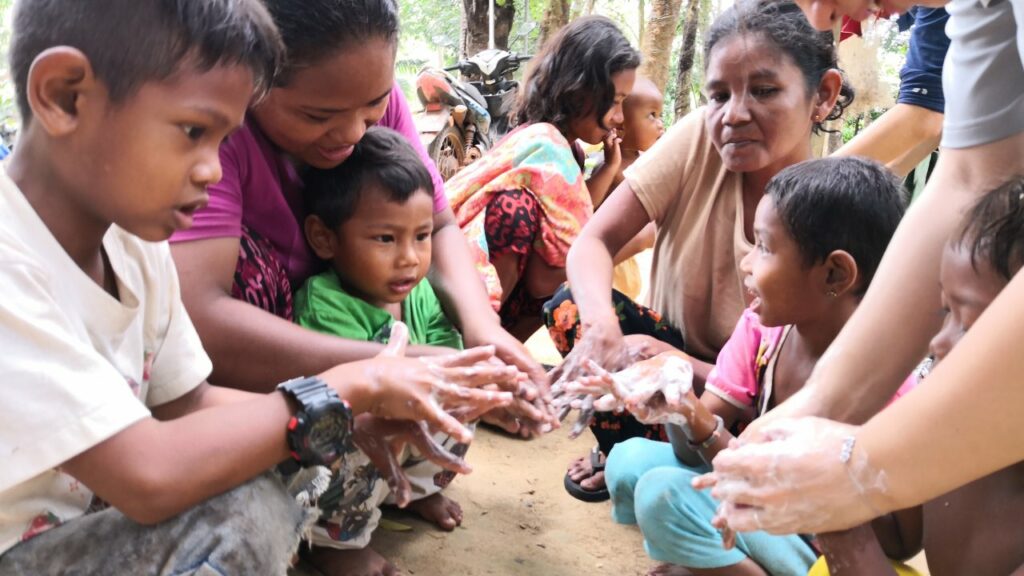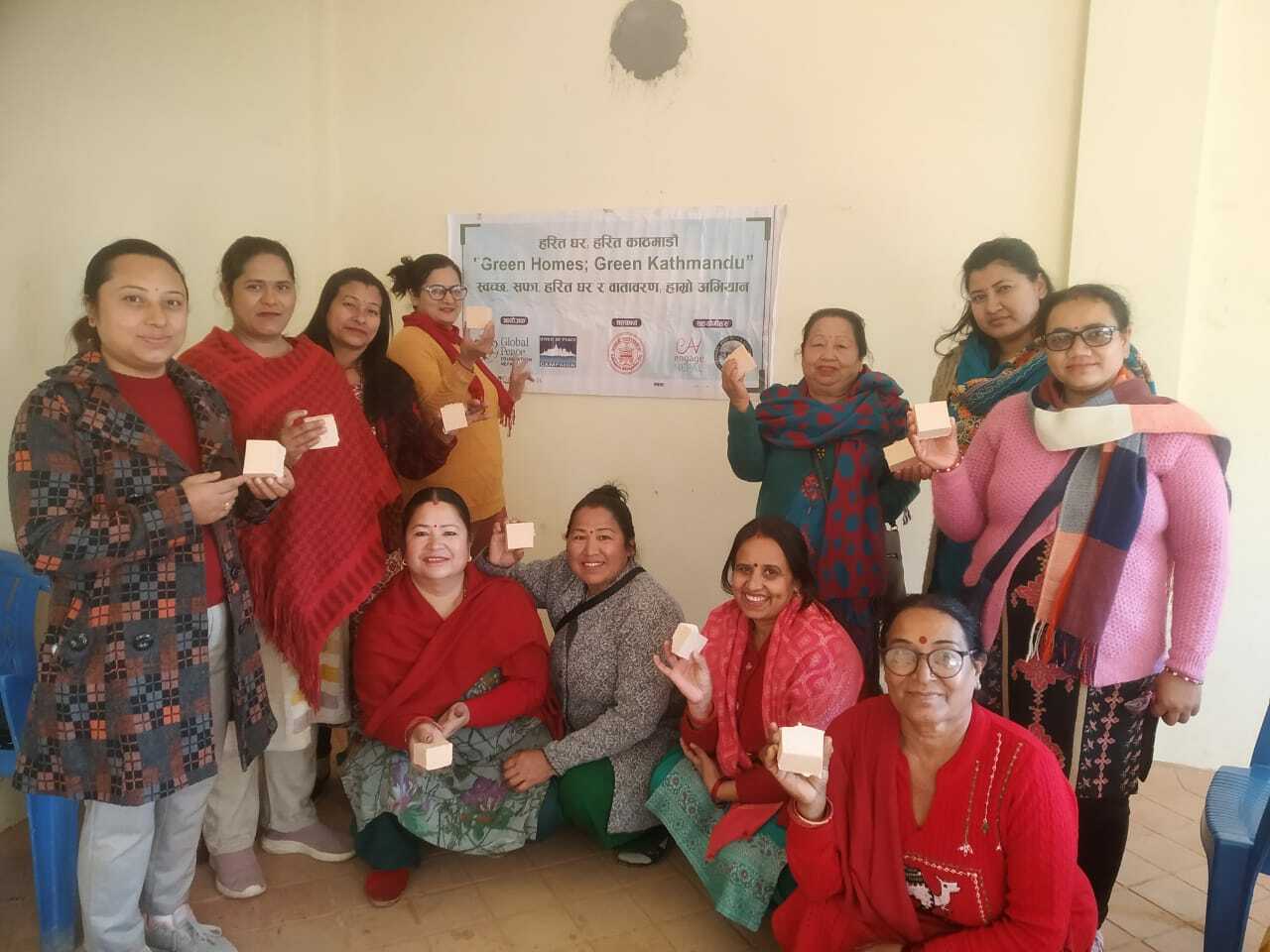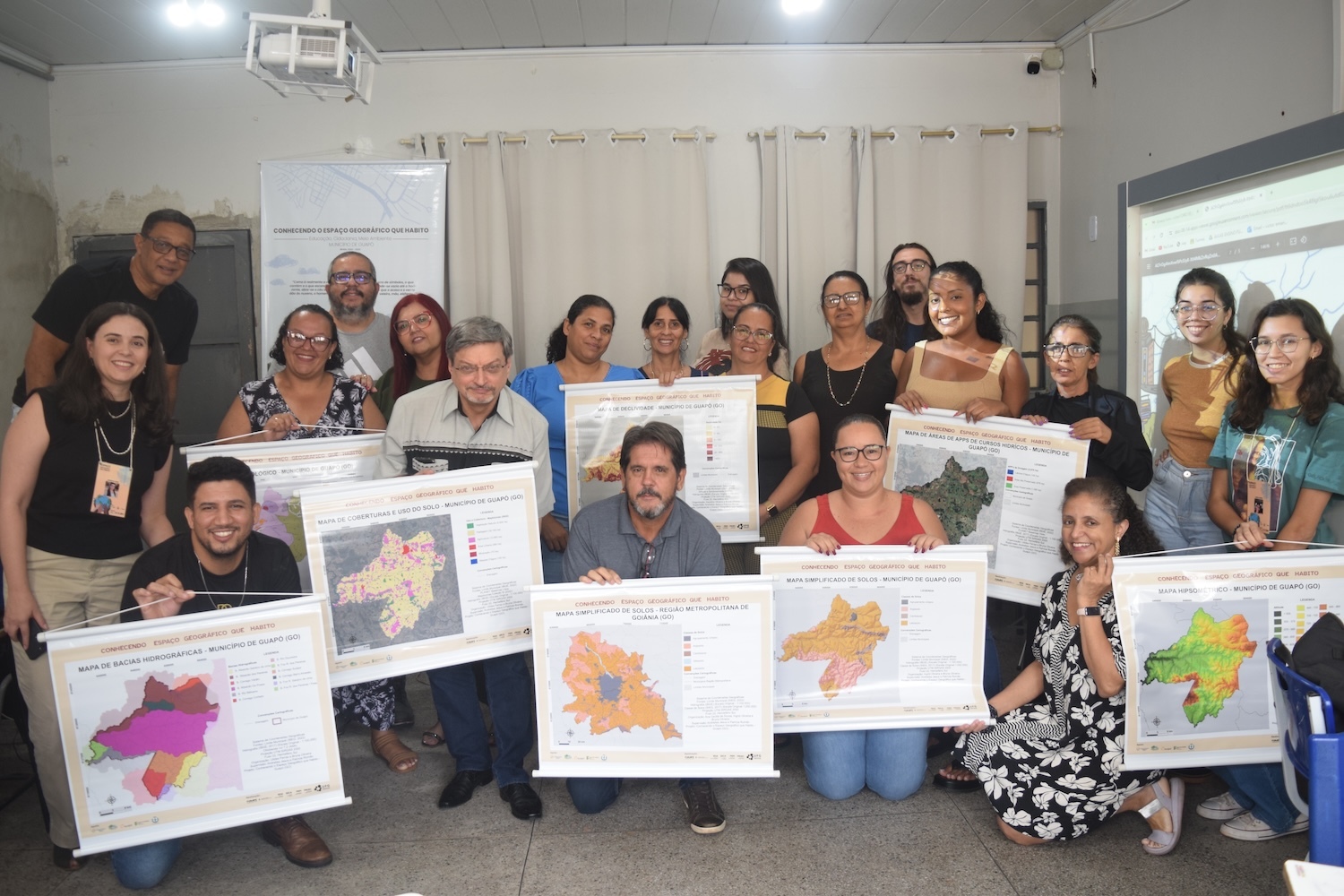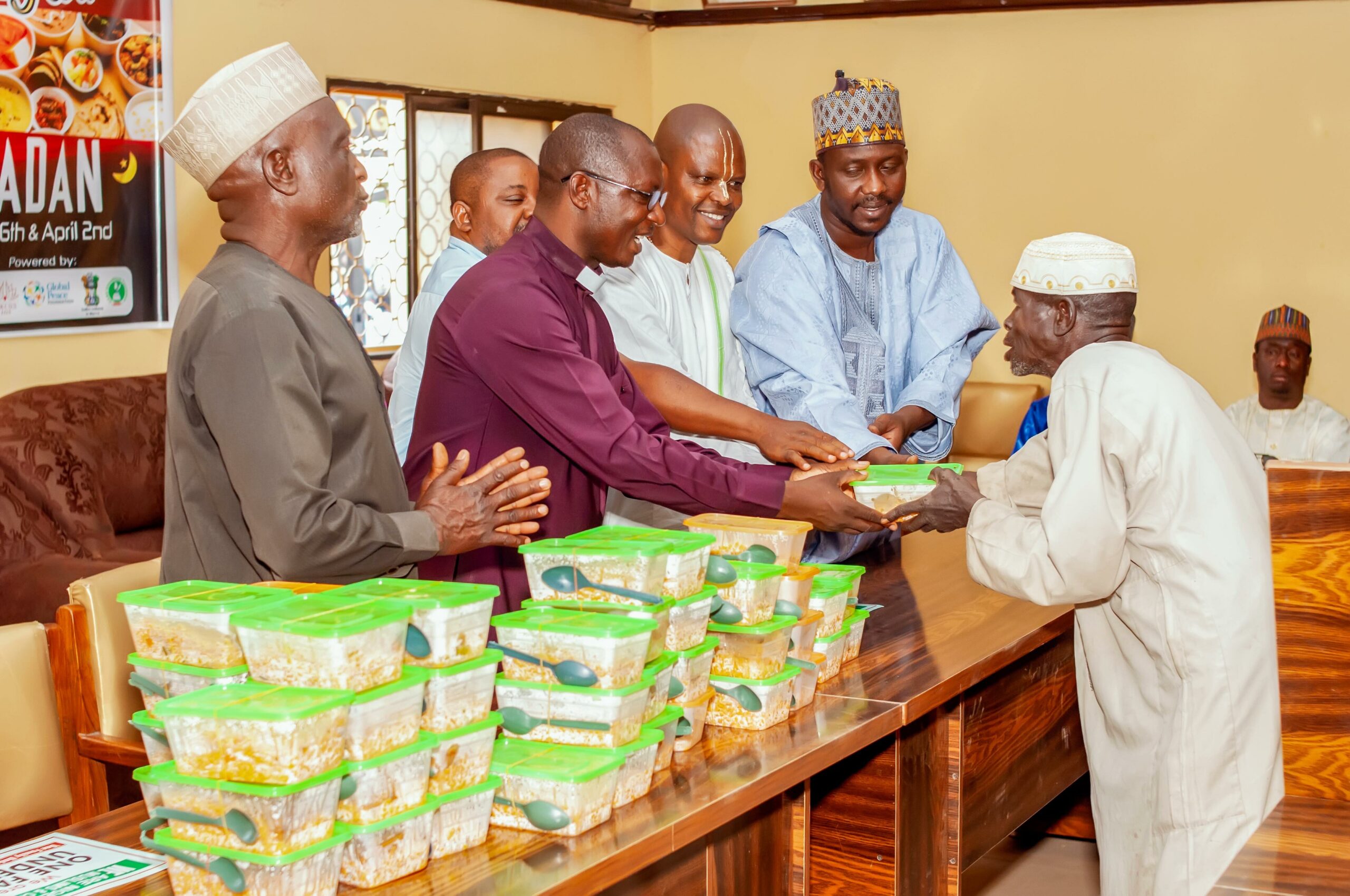“We used to save and stinge on water, only using it when we absolutely needed to. But now thankfully, we can shower, wash our clothes, and drink water more frequently. It shows in our health too, we don’t suffer from diarrhoea and fevers as much as before.”
Nisa is one of thousands of villagers in rural Malaysia feeling relief wash over them for basic needs many people take for granted every day and at the heart of it all: love, kindness, and clean water.
The “Orang Asli” (original people) of Malaysia experience significantly poorer health conditions of their non-indigenous counterparts. According to the UN University International Institute for Global Health, among Orang Asli the infant mortality rate was estimated to be double the national figure between 2003 and 2007, and among children, the prevalence of parasite infection was up to 90% in some communities. A result of complex socio-economic, working, and living conditions, the plight of the Orang Asli people was taken up by volunteers and members of Global Peace Foundation (GPF) Malaysia.

Villagers and volunteers demonstrate hand-washing technique
Ignoring the stigma held by many that Orang Asli are responsible for their poor health because of “ignorance” or “resistance to modern health services,” the GPF Malaysia team created the Communities Unite for Pure water (CUP) initiative. Understanding that rural communities have limited access to health services, language barriers, and many different cultural practices, the CUP initiative brings staff and volunteers to villages in need to work with them over several months, installing water filters and educating community members on proper hygiene and basic health practices.
Emma LM Rhule and Ashley Thoo with Monash University covered the story for UN University saying, “Social Innovation for health works best when initiatives are created with communities and not just for communities. Taking the time to build relationships and trust is a vital part of any remedy to alleviate complex health and social problems. The work that the Global Peace Foundation Malaysia has done is an example of this.”
Read more from United Nations University



